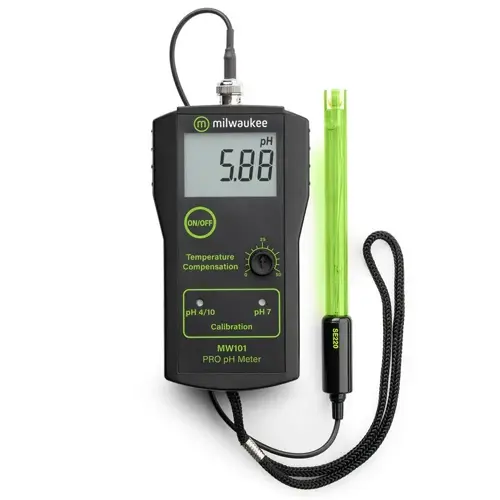Is animal manure effective for phosphorus deficiency?

Written by
Nguyen Minh
Reviewed by
Prof. Charles Hartman, Ph.D.Animal manure is an effective method for correcting phosphorus levels when used properly. Poultry manure has high phosphorus concentration while beef manure has moderate levels. All manures should be fully composted to eliminate pathogens and stabilize nutrients before application. Both timing and method influence effectiveness for phosphorus-deficient plants.
Poultry Manure
- Highest phosphorus concentration: 3-5% P₂O₅
- Apply composted at 1-2 tons/acre
- Bedding materials affect nutrient density
- Best applied in fall for spring availability
Beef Manure
- Moderate phosphorus: 1-2% P₂O₅
- Higher carbon content requires longer composting
- Apply at 2-3 tons/acre
- Balanced NPK ratio minimizes nutrient lockup
Swine Manure
- Variable phosphorus based on feed: 1.5-3%
- Liquid form requires injection to reduce odor
- Higher salt content needs soil monitoring
- Avoid on salt-sensitive crops
To be safe, you should compost manure fully. Proper composting should reach 130°F (54°C) for 15 days to kill pathogens. Composting involves turning compost piles once a week, which will supply necessary oxygen. Completely composting compost will ensure that young plants do not experience nitrogen burn and that phosphorus is further stabilized for slow nutrient release. Never apply fresh manure to food crops.
Utilizing the results of a soil test along with the crop needs, apply manure. 20-40 lbs P₂O₅/acre is appropriate for phosphorus-deficiency soils. Incorporate into the top 6 inches of soil before planting. Split applications are necessary on sandy soils to prevent leaching. Do not overapply, as this can prevent deficiencies in zinc and iron levels.
Manure is beneficial for soil health in terms of more than just phosphorus. It can improve water retention in sandy soils. It can enhance the structure in clay soils. Organic matter provides a food source for beneficial microorganisms that mineralize phosphorus into a usable form. All these benefits create a more resilient and sustainable growing environment that chemical fertilizers cannot replicate.
Address the limitations by focusing on effective management. Test the manure nutrient content, as the feed impacts its composition, balance nitrogen-based manures with carbon. Watch for soil salinity, as poultry manure is especially susceptible. Rotate application sites to prevent phosphorus accumulation and meet crop needs.
Read the full article: Phosphorus Deficiency Plants: Signs and Solutions

